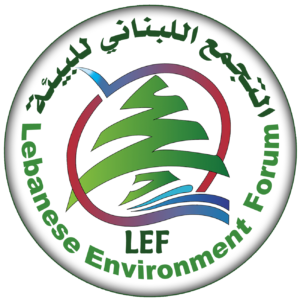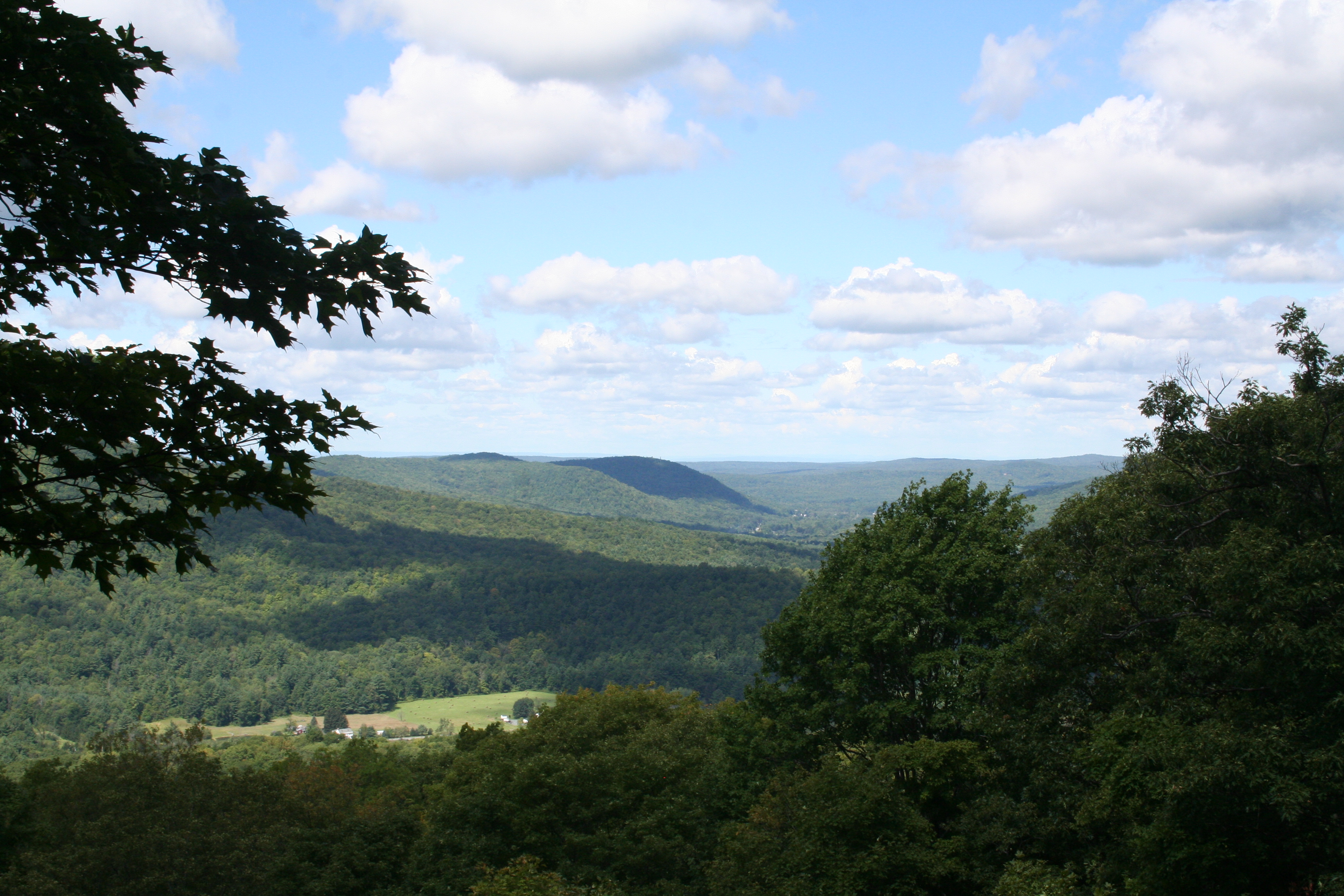Less than an hour drive from chaotic Beirut a hidden ecological sanctuary offers peace of mind, body and soul.
The valley that has seen men and women flee the atrocities of war from the Ottoman Empire, to the conflict of 1860, and then the massacres of 1983, has now become a haven of peace; a transitory refuge, not to hide in any more but to expand. It is in this preserved lush historical mountain of the Chouf, at 400 meters altitude from the coast, that a young Lebanese dreamer entrepreneur hosts guests seeking an escape from the frenzy of civilization and cement in an ecological village where contact is only with nature:
Whispering birds and leaves, chanting river, crackling fire…
Upon his return from Germany, where he studied sustainability and environment, Karim Khatib, an environmentalist at heart, developed the idea of creating an eco-village after the organic and vegetarian restaurant run by his family in a trendy Beirut neighborhood struggled to profit given supplies’ prices. Karim decided then that they needed to grow for themselves the vegetables and fruits needed for the restaurant. He started looking for a piece of land all across the Lebanon; until he had a coup de coeur for this 16 hectares unspoiled domain in Dmit, where he gradually turned the property into a global ecological initiative. With his passion and the assistance of similarly passionate and committed locals and friends, Karim pursued the development of the Ecovillage where he laid down roots with his German wife Sophie and his child chubby Leon. The three of them live in one of the twelve tree houses of the Ecovillage and Leon attends kindergarten in the neighboring village each day. His parents love to live here amidst the trees, the dogs and the sky. Sophie says she does not really miss the city, though she comes from Berlin – she goes to Beirut once a week and to Berlin a few times a year.
Khatib has developed a village that is totally respectful of the environment. Accommodations, be they in mud houses, tree cabins, or tents are built from recycled materials, wood, bamboo, and clay. The energy is renewable, thanks to solar energy and biogas as well as micro hydro turbines that produce electricity. Hence, there is constant electricity and water in this remote wood and mud village, which is better than in the rest of the country where, since the war, power is rationed daily and water provision also scarce. You even have access to wireless internet; but do you really want to? Notwithstanding the general cynical post-war atmosphere in the country, Khatib has chosen to set a trend in terms of sustainable development and alternative energies and to go by what he believes in. If no public initiatives have been taken whatsoever in the country in this sense, this has not impeded Khatib and those like him from wanting to put Lebanon on the international scene as sustainable and responsible tourism is hype. A number of ecological villages have burgeoned in the country, such as The Reserve in the arid Afqa plateau appreciated by Bedouins, Lazaab (Arabic for “juniper”) in the shadow of Qornet al-Sawda, Lebanon’s highest peak, Al Jord in the wild and remote Hermel region, the Taanayel eco-lodge in the Bekaa Valley, etc. Those are usually privately funded initiatives; hence they don’t even undertake any marketing promotion; but word of mouth is incredibly efficient amongst nature lovers and the web and social media contribute to it.
Karim Khatib had studied international relations and wanted to be a diplomat, but he was quickly disenchanted with the official representations of the country. He has now become an ambassador of Lebanon in a different fashion. His Ecovillage attracts numerous tourists: many Europeans visiting in addition to Americans and Lebanese expats, as well as Lebanese residents – school groups, corporate teams. He also hosts volunteers from all over who are interested in natural ecosystems and organic agriculture…
It doesn’t feel like Lebanon as the faces you might come across are black, white, blond, Asians, etc. And the scenery, so pristine, gives a feel of Out of Africa or of Rohmer movies nearby the crystal riverside, embraced by surrounding pine tree mountain flanks.
The best way to get to know and to love the place is a walk through its wilderness and history with Hassan the guide, whom you cannot miss with his moustache and sarouel (traditional baggy trousers). Hassan, who grew up in this mountain but immigrated to Saudi Arabia during the war and came back to his native village, will entertain you all along the path, inviting you to smell every tiny aromatic plant on the way and telling you about its medicinal virtues for you or your baby. He will also drag you into hidden cool caves, where you shall discover old Christian hermitages you did not even suspect. Should you show some good physical condition and adventuresome spirit, he might also be inclined to take you further in the heights of the mountain, off the trail. Getting out of the comfort zone can reveal untouched treasures… Aside from Hassan, you will also befriend Doobie and Ricky, the big dogs that watch over the Ecovillage community. Even if you don’t like dogs, you will very quickly get to like these teddy bear looking animals. They are also your guarantee of a good night sleep, as no wild pig, snake, or undesired intruder will dare approach your tent under Doobie’s protection. And should you ask Hassan to prolong the walk as you are immersed in this heritage ambiance he will refuse so, as to ensure you do not miss the organic vegetarian lunch buffet, prepared with produce of the village. After your meal, you can take a nap by the scenic riverside or dare a refreshing wake up in its cool waters.
You could also choose to take a yoga class – Karim is keen on having yoga instruction offered in the village. It is self-abandonment and inner peace that this experience invites to. Abandoning oneself to Morpheus while suspended in in a tree cabin and to the blandness of nature brings a new perspective to things. Even some honeymooners venture in this experience in the interlace of branches.
Source: World Environment Magazine Issue Number 10


